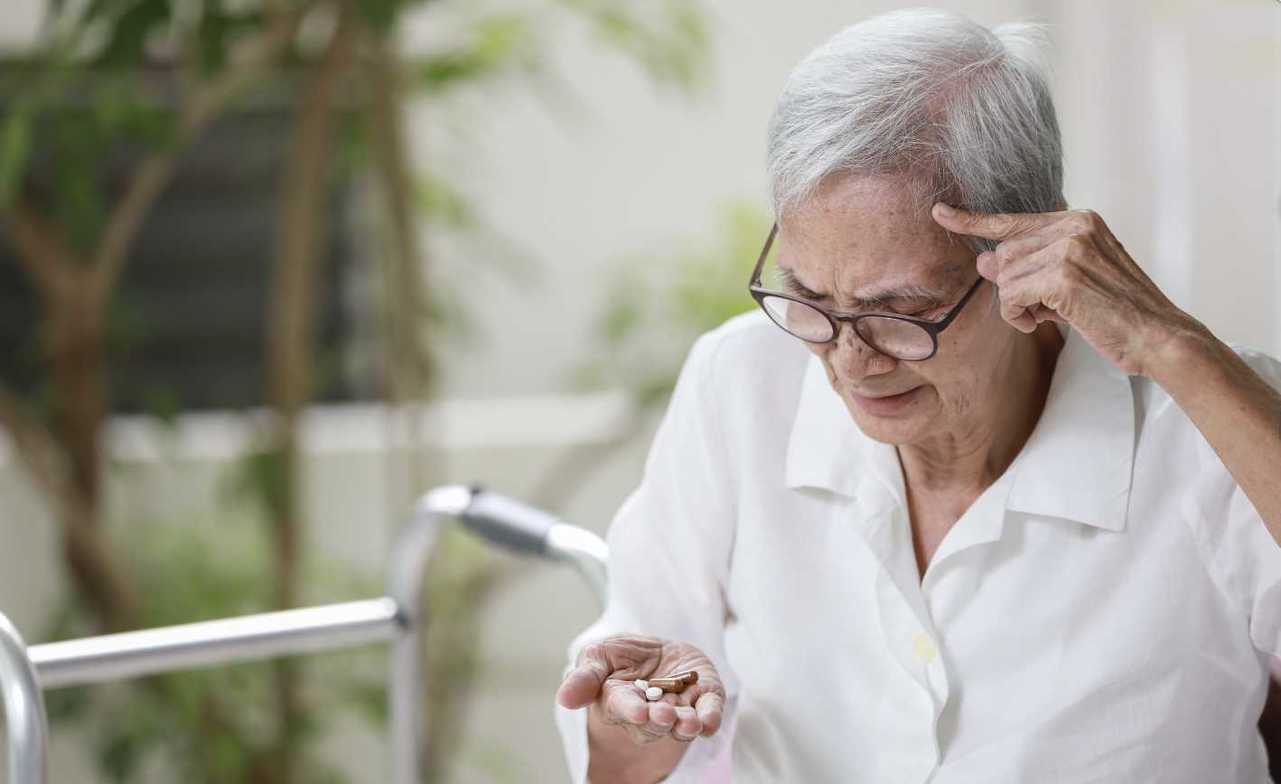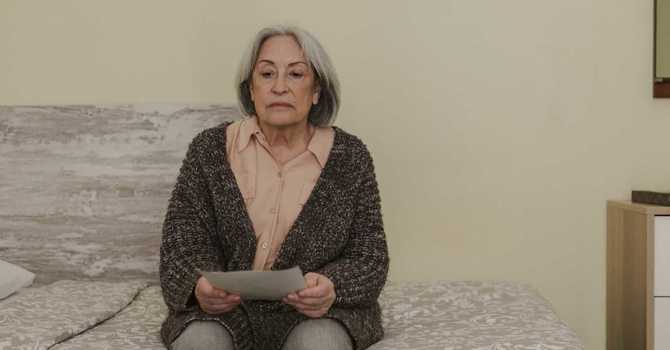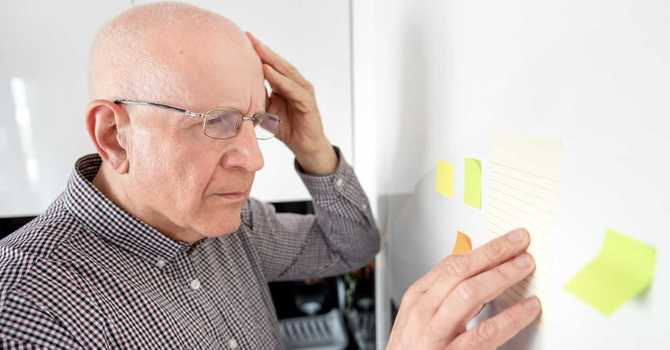
As we age, the intricate workings of our memory often face challenges, with short-term memory loss becoming a common concern among the elderly. Coping with forgetfulness requires innovative techniques that empower individuals to maintain a sense of autonomy and engagement in their daily lives. In this exploration, we uncover practical strategies that not only compensate for short-term memory loss but also promote cognitive well-being among our elderly loved ones.
Introducing memory aids into daily routines can be a game-changer for elderly individuals facing short-term memory loss. Simple tools such as calendars, reminder notes, and digital devices can serve as external memory supports, helping them organize appointments, medication schedules, and important tasks. By relying on these aids, individuals can alleviate the burden on their short-term memory and enhance their ability to stay on top of essential responsibilities.
Creating a structured routine provides a framework that reduces the cognitive load associated with constant decision-making. When everyday tasks follow a predictable schedule, individuals with short-term memory loss can navigate their days more smoothly. From meal times to recreational activities, a consistent routine helps anchor memories and fosters a sense of familiarity, making it easier for them to recall and execute daily activities.
Engaging multiple senses can enhance memory retention. Associating information with sensory experiences, such as adding visual cues, auditory prompts, or tactile elements, creates a more robust memory imprint. For instance, labeling important items with bright colors, using distinctive sounds for alarms or reminders, or incorporating textures into daily activities can stimulate various senses, reinforcing memory and making information more memorable.
Social interactions play a vital role in maintaining cognitive health, and they can also serve as a support system for individuals grappling with short-term memory loss. Engaging in conversations, participating in group activities, and fostering connections with friends and family not only provide mental stimulation but also offer external cues and reminders. The social environment can act as a collaborative memory aid, enriching the lives of elderly individuals and mitigating the impact of memory challenges.




